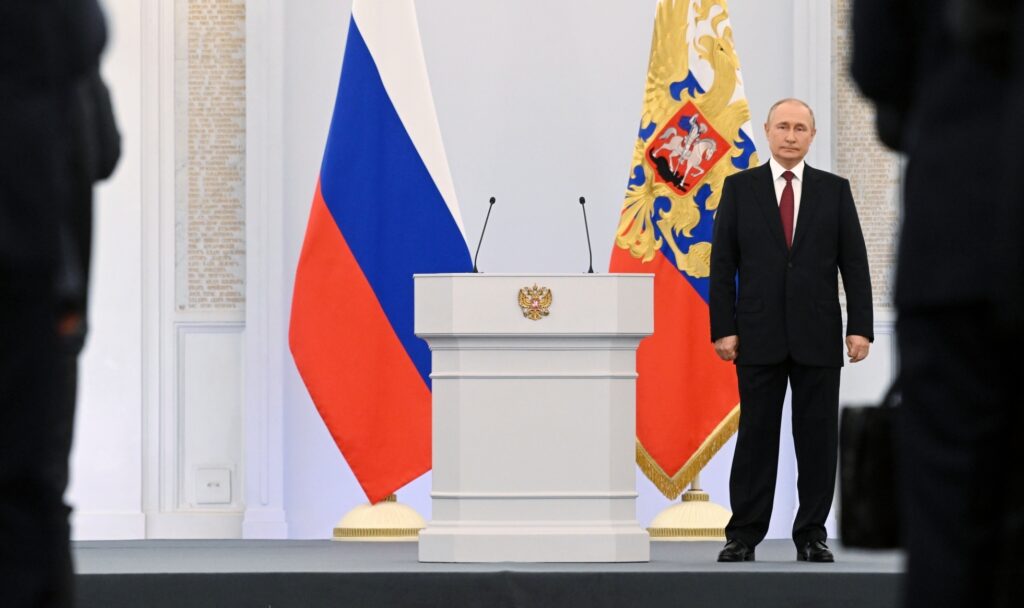Russia, led by President Vladimir Putin, has been a disruptive force on the global stage, notably with its invasion of Ukraine. Despite its ability to create chaos, Russia has struggled to fill the voids it creates, as seen in Ukraine. While lacking the military strength to challenge U.S. supremacy, Russia has been gaining ground against an overwhelmed Ukrainian military. Its nuclear capabilities also give pause to entities like NATO, who have refrained from direct intervention in Ukraine. Moreover, Russia’s strategic ties in various regions, along with its energy exports to Europe, have bolstered its influence.
Internally, Putin has faced challenges such as waning popularity due to economic stagnation and political missteps, yet recent events have solidified his grip on power. Despite President Joe Biden’s initial tough stance on Russia, efforts to engage constructively, particularly on cybercrime, reflect a willingness to cooperate. However, Russia’s aggressive actions in Ukraine have strained relations, leading to additional sanctions and domestic pressures.
The future remains uncertain for Russia, as questions surround the sustainability of its economy in wartime, the strengthening partnership with China, and Putin’s ability to maintain control. WPR’s coverage on Russia delves into these complexities, exploring the implications of Russia’s global role and evolving dynamics. From naval drills in the Caribbean to overarching strategic partnerships, the nuanced coverage offered by WPR sheds light on the intricacies of Russian geopolitics.
For more in-depth coverage on Russia, visit WPR’s dedicated section on the topic here. This article, originally published in May 2019, continues to be updated to provide insights into the ever-evolving landscape of Russian politics.
